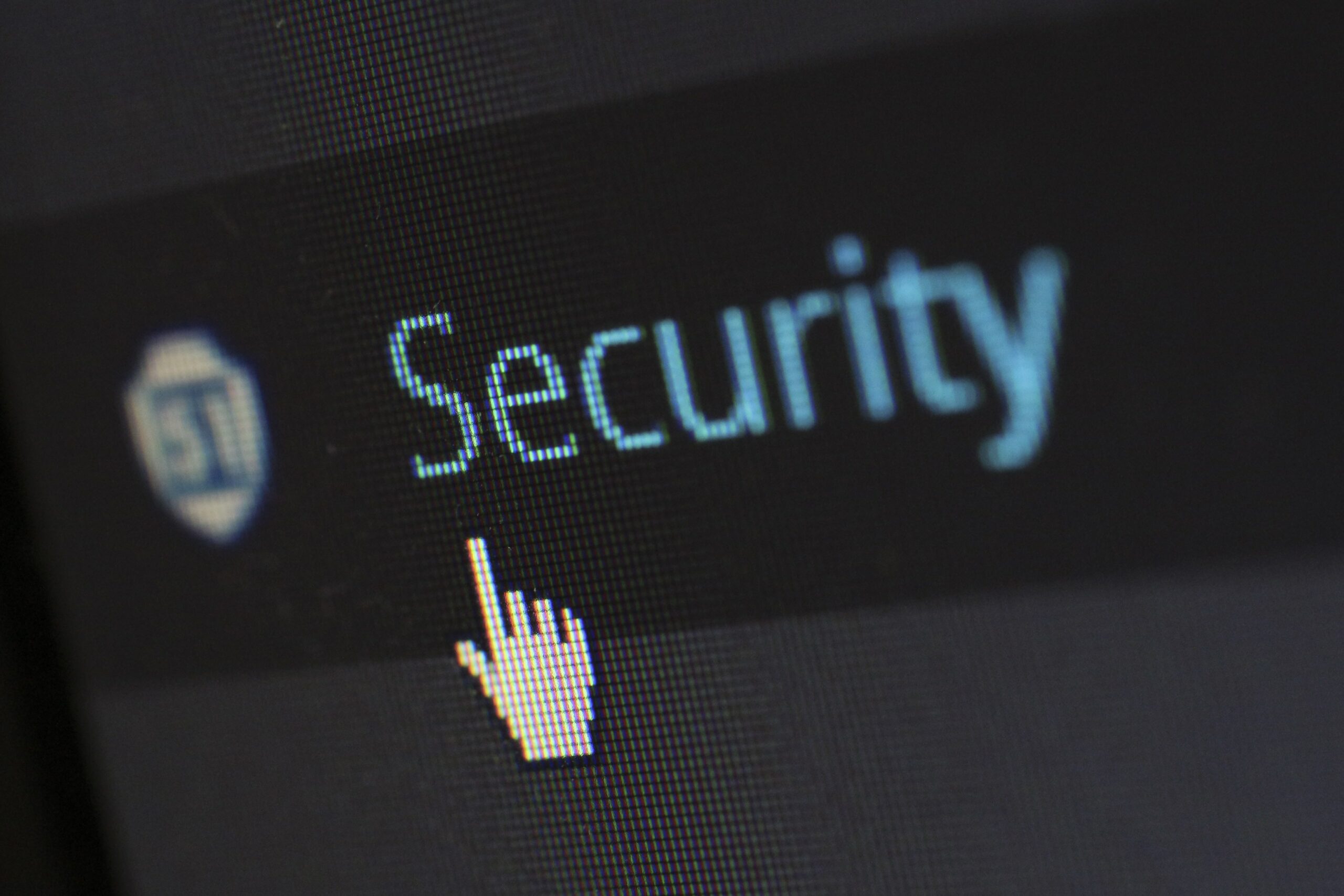
07 Feb Safer Internet Day
What is safer internet day?
Safer Internet Day (SID) is an annual event celebrated globally on the second day of February. Its goal is to promote a safer and more responsible use of online technology and mobile phones, especially among children and young people. SID aims to raise awareness about the potential dangers and risks associated with the internet and encourages people to promote a culture of respect, responsibility, and resilience in cyberspace.
What are the risks of being online?
There are several potential online dangers, including:
Cyberbullying: The use of technology to harass, humiliate, or threaten someone.
Phishing scams: Attempts to steal personal information, such as passwords and credit card numbers, by posing as a trustworthy entity.
Identity theft: The unauthorized use of someone else’s personal information for malicious purposes.
Online predators: People who use the internet to exploit minors for sexual or other abusive purposes.
Addiction: Spending excessive amounts of time online can lead to addiction and negatively impact mental health.
Viruses and malware: Malicious software that can harm your computer or steal your personal information.
Online fraud: The use of technology to commit fraud, such as selling counterfeit goods or scamming people out of money.
Unsuitable content: Easy access to inappropriate or harmful content, such as hate speech, violence, and explicit material.
Social engineering: The manipulation of individuals into divulging confidential information, often through psychological manipulation.
It is important to be aware of these potential dangers and to take steps to protect yourself and others while using the internet.
What can we do to ensure we are safer online?
There are several steps you can take to ensure you are safer online:
Use strong and unique passwords: Avoid using easily guessable information such as birthdates or names and use a combination of letters, numbers, and symbols. use 3 random words and password length of at least 12 characters.
Keep software and systems updated: Software updates often contain security fixes for vulnerabilities that can be exploited by hackers.
Be wary of phishing scams: Do not open emails or click links from unknown sources and do not provide personal or sensitive information in response to unsolicited emails.
Practice safe browsing: Only access trustworthy websites and avoid downloading software from untrusted sources.
Use secure networks: Avoid using public Wi-Fi networks for sensitive transactions and instead use a virtual private network (VPN) to encrypt your internet connection.
Enable two-factor authentication: Whenever possible, enable two-factor authentication to add an extra layer of security to your online accounts.
Be mindful of your online footprint: Be aware of the personal information you share online and adjust your privacy settings accordingly.
By following these steps, you can reduce your risk of being the victim of cybercrime and help to create a safer online environment for everyone.
If you are looking to increase your online safety but need further assistance on the best processes for your organisation call our experienced IT Team on 01892 664999

